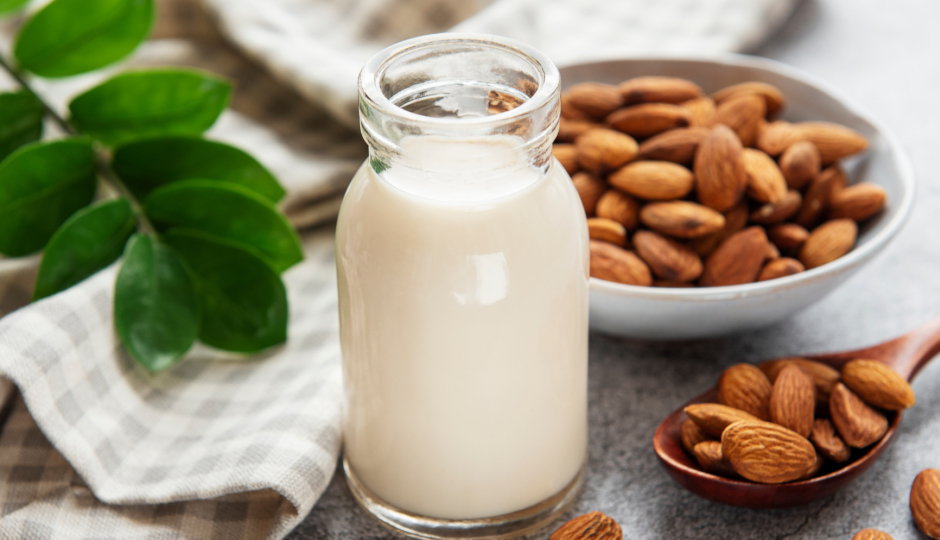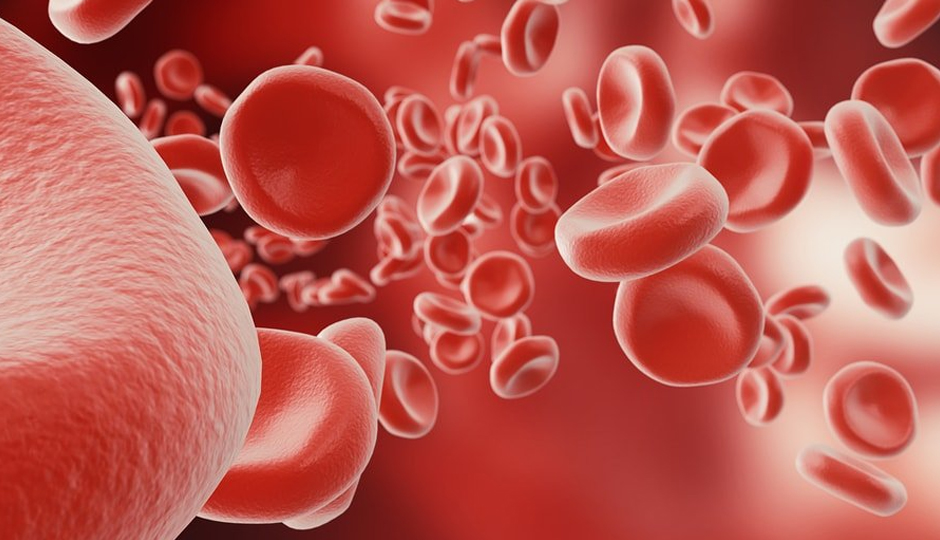- Home›
- Healthy Living›
- 10 Herbs To Incorporate In Your Diet To Keep Diabetes Under Control
10 Herbs To Incorporate In Your Diet To Keep Diabetes Under Control
By: Priyanka Maheshwari Sat, 12 Aug 2023 4:56:06
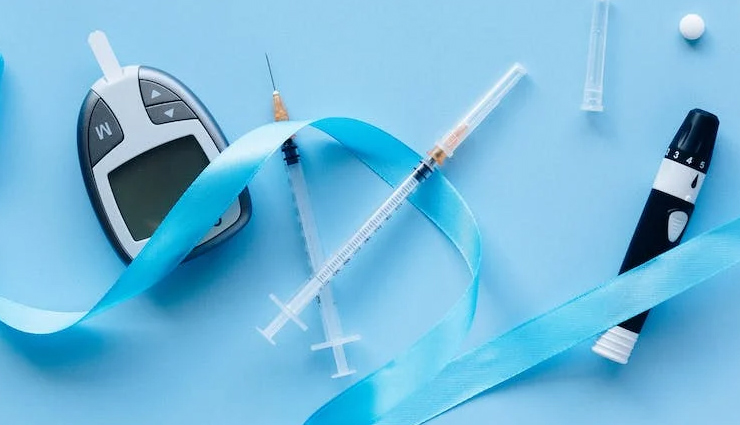
Elevated sugar levels have the potential to trigger the onset of diabetes. The encouraging news is that natural solutions also wield significant effectiveness in maintaining sugar levels within optimal limits. Turning to herbal remedies as a means of diabetes management holds promise. Reducing the intake of high-sugar and high-glycemic index foods is unquestionably pivotal. Furthermore, it's imperative to integrate a regular exercise regimen, aiming for 4-5 sessions each week.
While individuals with type 1 diabetes might require insulin injections in conjunction with these herbal treatments, type 2 diabetes can witness a reversal through lifestyle modifications and the inclusion of these herbal remedies. Delve further to explore the top 25 herbs, spices, and supplements that confer benefits for diabetes, accompanied by insights into their consumption and procurement. By embracing positive changes in your lifestyle and daily dietary practices, you can substantially elevate your overall well-being.
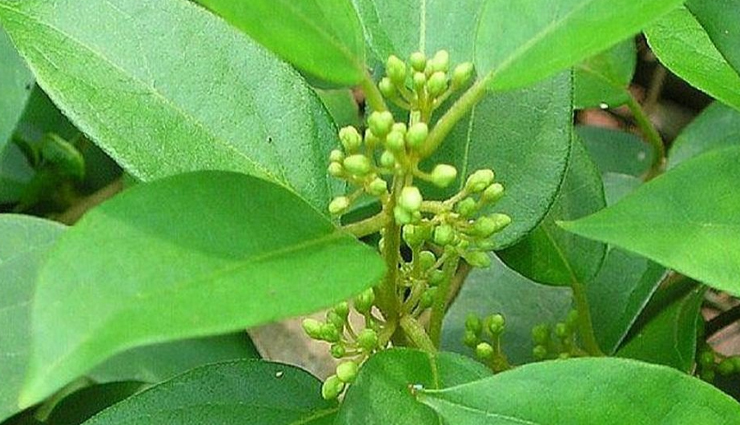
# Gymnema Sylvestre
Known as the 'sugar destroyer' in Hindi, this plant's potential for combating diabetes is evident. Abundant in glycosides called gymnemic acids, this herb has the remarkable ability to diminish your taste buds' sensitivity to sweetness. Consequently, it curbs sugar cravings among those at risk of prediabetes. Even individuals dealing with type 2 diabetes can effectively manage their sugar levels through this herb. By enhancing enzyme activity within cells, it promotes the utilization of surplus glucose in the body. Moreover, it can have a positive impact on insulin production.
Methods of Consumption and Recommended Dosage for Gymnema Sylvestre
You have several options for consumption: the powdered form, tea made from its leaves, or capsules. To prepare tea, steep the leaves in boiled water for around 10 minutes. Alternatively, mix the powder with lukewarm water and drink it. Here are the recommended dosages:
Capsule: 100mg
Powder: ½-1 teaspoon
Leaves: 1 teaspoon
Optimal Timing for Gymnema Sylvestre Consumption
For optimal effects, it's advisable to consume Gymnema Sylvestre in the morning or approximately 20 minutes prior to meals.
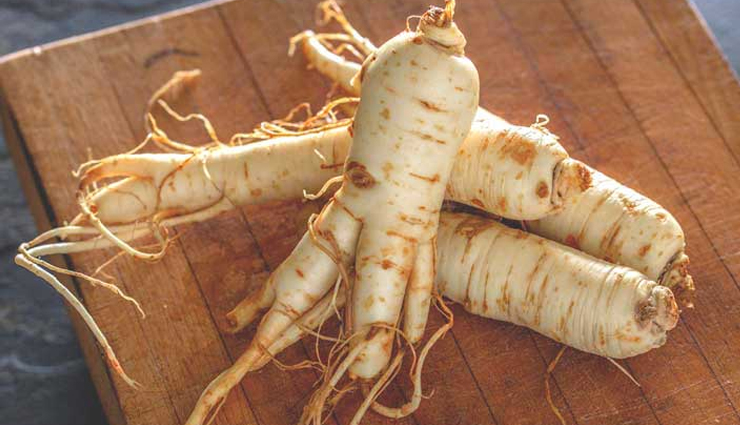
# Ginseng
For generations, Ginseng has been renowned for its immune-enhancing and illness-fighting properties. More recently, researchers have unveiled its additional attribute as a potential anti-diabetic agent. Ingesting Ginseng results in a deceleration of carbohydrate absorption, accompanied by heightened cellular uptake and utilization of glucose. Furthermore, this botanical stimulates insulin production in the pancreas. Collectively, these mechanisms contribute to a stronger and more resilient body that is less susceptible to diabetes. For those already grappling with diabetes, this could translate to a noteworthy reduction of blood glucose levels by up to 15 to 20%, a notably superior outcome compared to a placebo, as demonstrated by the research team from the University of Toronto.
Approaches to Consuming Ginseng and Recommended Dosage
You have the option of consuming Ginseng in its root or powdered form. By slicing the root and immersing it in boiled water, you can create an infusion. Allow it to steep for approximately 5-6 minutes. Alternatively, the powdered Ginseng can be blended into warm water for consumption. Here are the recommended dosages:
Powder: 1 teaspoon
Root: 2-3 grams or 7-8 slices
Ideal Timing for Ginseng Consumption
For optimal effects, it's advisable to consume Ginseng early in the morning and before dinner.
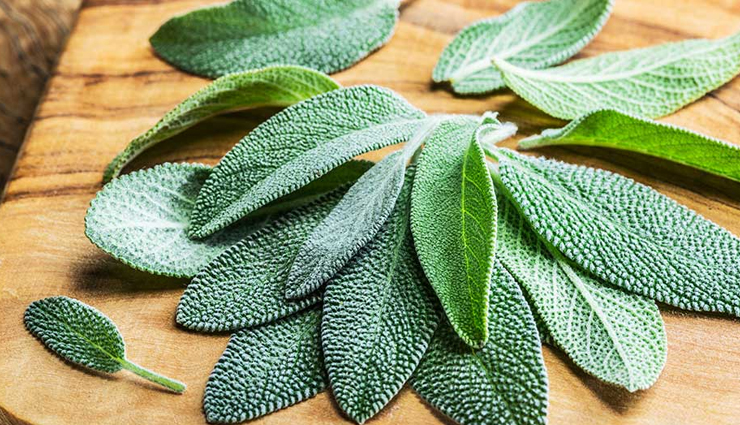
# Sage
Ingesting sage on an empty stomach yields a notable reduction in blood glucose levels. This herb actively stimulates the secretion and function of insulin, thereby effectively controlling blood sugar levels in individuals at risk of prediabetes and those with type 2 diabetes. Moreover, it exerts a positive influence on liver function, contributing to an enhancement in overall immunity. While commonly recognized as a flavor enhancer in meat-based dishes, sage reaches its pinnacle of medicinal potential when consumed in the form of tea.
Methods of Sage Consumption and Recommended Dosage
The optimal means of consuming sage is through tea. Alternatively, you can chew sage leaves, incorporate them into your meals, or take sage supplements. To prepare sage tea, pour boiling water into a cup containing 1-2 sage leaves and allow it to steep for 5 minutes. Here are the recommended dosages:
Fresh Leaves: 4-6 grams per day
Dried Leaves: ⅙-½ teaspoon
Tea: 2-3 cups per day
Ideal Timing for Sage Consumption
Savor sage tea or chew on sage leaves during the early morning on an empty stomach. Integrate sage leaves into your lunch and dinner preparations for a comprehensive consumption regimen.
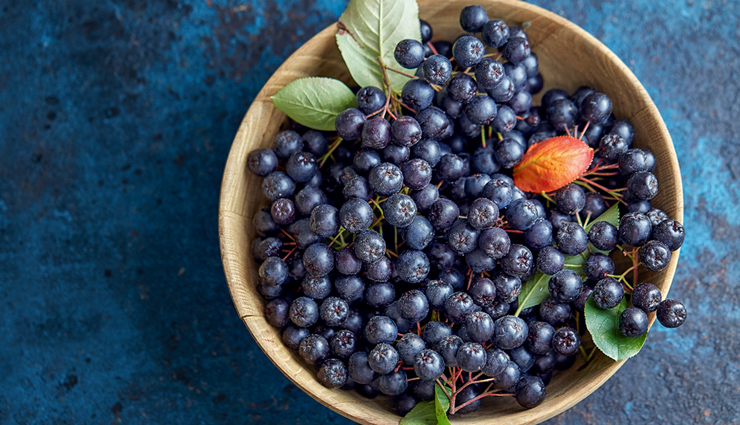
# Bilberry
This herb stands as another potent contender in the realm of diabetes treatment, exhibiting remarkable medicinal promise. It not only offers substantial assistance to individuals with type 2 diabetes, who grapple with elevated blood sugar levels, but also demonstrates notable efficacy in managing diabetes mellitus. The presence of a compound known as glucoquinine within bilberry takes center stage, as it primarily takes responsibility for the reduction of blood sugar levels. Bilberry infusions have also demonstrated their potential in aiding those whose vision has been compromised by this ailment. However, cautiousness is advised when combining bilberry infusion with diabetes medication, as it has the potential to precipitate dangerously low blood sugar levels. Thus, a vigilant monitoring of blood sugar levels is prudent.
The accompanying graph, extracted from a study published in the Journal of Functional Foods, portrays the impact of bilberry and wild freeze-dried bilberry extract on salivary α-amylase activity. The extracts exhibited more robust inhibitory activity in comparison to the commercial standard acarbose (control). The bilberry extract and freeze-dried wild bilberry extract showed dose-dependent inhibition of human salivary α-amylase. Specifically, bilberry extract showcased inhibitory rates of 61%, 57%, and 55% at doses of 66, 6.6, and 0.66 g/ml, respectively. On the other hand, freeze-dried wild bilberries inhibited the enzyme by 78%, 73%, and 68% at the corresponding concentrations.
Methods of Bilberry Consumption and Recommended Dosage
Bilberry extract is readily accessible and stands as the most secure approach to managing your blood sugar levels. Here is the recommended dosage:
Bilberry extract: 10-100 mg with 25% anthocyanosides
Ideal Timing for Bilberry Consumption
Incorporate the extract into your routine once in the morning and again in the evening, approximately an hour before dinner.
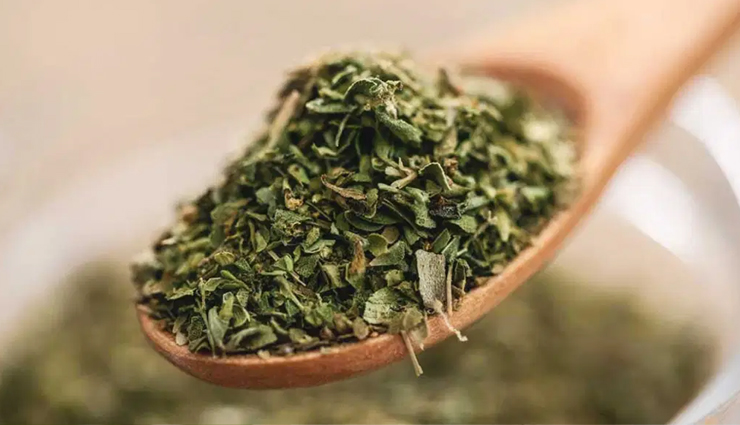
# Oregano
Also recognized as marjoram, this intriguing herb hailing from Spanish and Mediterranean origins is renowned for its content of glycosides that contribute to the reduction of blood sugar levels within the body. In vitro analyses have demonstrated that water extracts of oregano exhibit inhibitory activity against glycosidase. Extracted Rosmarinic acid from oregano has been scientifically indicated to enhance pancreatic amylase activity, bolster the immune system, heighten insulin effectiveness, and promote glucose mobilization within cells. This collective action results in a reduction of the rate at which carbohydrates are formed.
Approaches to Oregano Consumption and Recommended Dosage
Oregano is a frequent addition to diverse culinary creations. You can introduce fresh or dried oregano into your meals, chew its leaves, craft oregano-infused tea, or even incorporate diluted oregano oil or capsules. To prepare oregano tea, combine a teaspoon of either dried or fresh oregano with a cup of freshly boiled water. Let it steep for approximately 5 minutes. Here are the recommended dosages:
Oregano Capsule: 600 mg per day
Oregano Oil: 4-6 drops per day (diluted)
Dried Oregano Leaves: 1 teaspoon, twice a day
Fresh Oregano Leaves: 4-5 leaves, twice a day
Optimal Timing for Oregano Consumption
For optimal effects, enjoy a cup of oregano tea in the early morning. Alternatively, you can chew on fresh leaves during your morning routine. Incorporate dried oregano into your lunch and dinner preparations for a comprehensive intake.
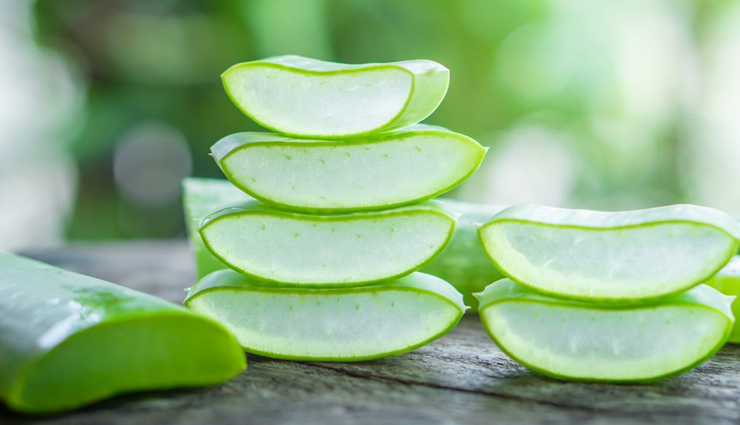
# Aloe Vera
Thriving across India, South Africa, Mexico, Australia, and China, this succulent leafed plant has made its mark. It finds its predominant use within the cosmetic and pharmaceutical sectors. Over time, aloe vera has garnered recognition for its capacity to alleviate inflammation, enhance digestion, combat acne, and mitigate hair loss. Recent scientific investigations have shed light on the presence of lipid-lowering and blood sugar-reducing attributes within aloe vera gel.
Methods of Aloe Vera Consumption and Recommended Dosage
Aloe vera juice and extract are readily accessible in the market. Their consumption should align with the guidelines provided on the respective product labels. Alternatively, crafting homemade aloe vera juice is an option. Begin by extracting the gel from a 3-inch aloe vera leaf, then blend it and dilute with water and lemon juice. Aloe vera capsules are also an alternative. Here are the recommended dosages:
Aloe Vera Capsule: 300 mg per day
Aloe Vera Juice or Extract: Follow the instructions on the product label
Homemade Aloe Vera Juice: 100 grams of aloe vera gel
Optimal Timing for Aloe Vera Consumption
For optimal benefits, indulge in aloe vera juice or extract during the early morning. Consume a capsule before lunch to further support your intake.
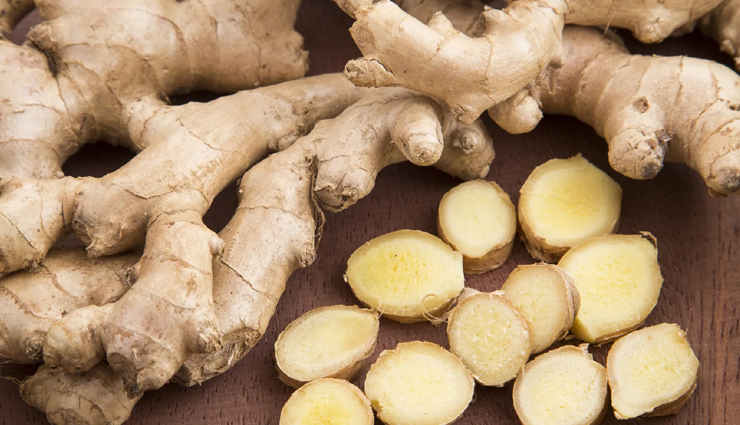
# Ginger
Ginger, a robust and versatile spice, holds a significant place in Asian culinary traditions and finds cultivation in diverse corners of the globe, including China, India, Australia, Africa, and Jamaica. Similar to aloe vera, ginger has an extensive history of use in herbal remedies dating back to ancient times. This fragrant spice also contributes to the reduction of blood glucose levels. A multitude of scientific studies substantiate ginger's role in regulating blood sugar levels through the enhancement of insulin secretion and sensitivity.
Approaches to Ginger Consumption and Recommended Dosage
Incorporating ginger into your routine can take various forms, such as chewing raw ginger, integrating it into your meals, sipping ginger tea, utilizing ginger powder, employing ginger oil, or including it as an ingredient within a glass of juice. Here are the recommended daily quantities for ginger consumption:
Ginger Root: 1-2 inches
Ginger Oil: 3-4 drops
Ginger in Juice: 1 inch
Ginger Powder: ½-1 teaspoon
Ideal Timing for Ginger Consumption
Embark on your day with a revitalizing cup of ginger tea. However, it's advisable to limit ginger consumption after 6 pm. Incorporate a touch of ginger juice into your fruit juice intake before lunch for added benefit.
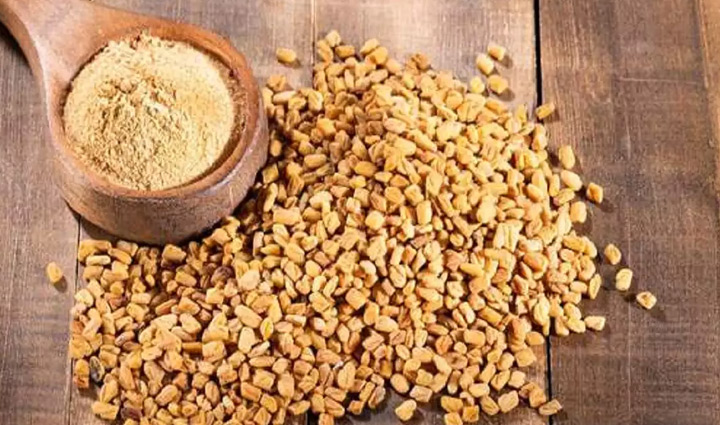
# Fenugreek
Fenugreek seeds and leaves offer remarkable utility in addressing metabolic disorders and digestive ailments. This plant finds its roots across diverse regions including Spain, India, Pakistan, Bangladesh, Turkey, France, Egypt, Argentina, and Morocco. Over time, its applications have extended to treating concerns like hair loss, skin conditions, and sluggish metabolism. Moreover, this spice has become a staple in an array of global cuisines. Notably, a study has corroborated the blood glucose-lowering potential of fenugreek seeds, thus indicating its potential for type 2 diabetes management.
Approaches to Fenugreek Consumption and Recommended Dosage
Optimal fenugreek consumption methods include soaking the seeds overnight or incorporating both the seeds and leaves into culinary preparations. Here are the recommended daily quantities for fenugreek intake:
Fenugreek Seeds: 2 teaspoons
Fenugreek Powder: 1 teaspoon
Fenugreek Leaves: 200 grams
Ideal Timing for Fenugreek Consumption
Kickstart your day by consuming fenugreek-soaked water as a morning ritual. Incorporate fenugreek seeds or leaves into your lunch or dinner plans for added benefit.
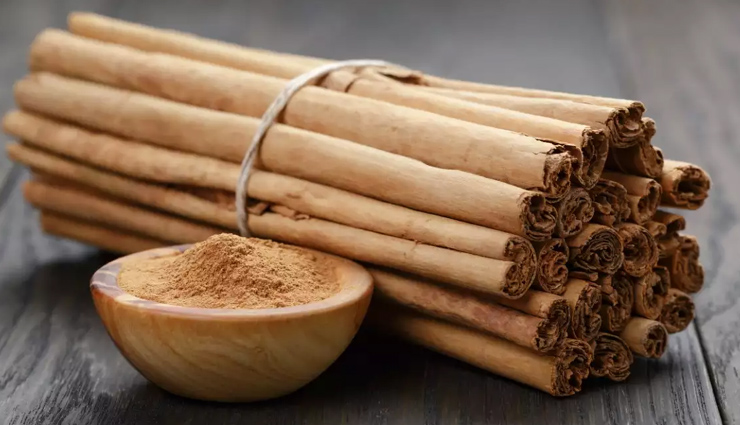
# Cinnamon
Derived from the bark of cinnamon trees, this pungent spice is a staple in South Asian culinary creations and delectable desserts. Beyond its culinary role, it serves as a remarkable herbal supplement with benefits spanning diabetes management, addressing obesity, alleviating muscle spasms, treating diarrhea, and combatting the common cold. Numerous studies corroborate the efficacy of incorporating cinnamon into one's routine to effectively regulate elevated blood sugar levels, positioning it as a potential alternative medicine for diabetes management.
Approaches to Cinnamon Consumption and Recommended Dosage
Cinnamon can be integrated into your regimen through the consumption of its bark, powder, or capsules. The recommended daily quantities are as follows:
Cinnamon Stick: 2 inches
Cinnamon Powder: ½ teaspoon
Cinnamon Capsule: 500 mg per day
Optimal Timing for Cinnamon Consumption
Begin and conclude your day with a cup of cinnamon-infused tea. Enhance your breakfast by incorporating cinnamon powder into your smoothie or juice. The capsule variant is to be consumed once every two days for optimal results.
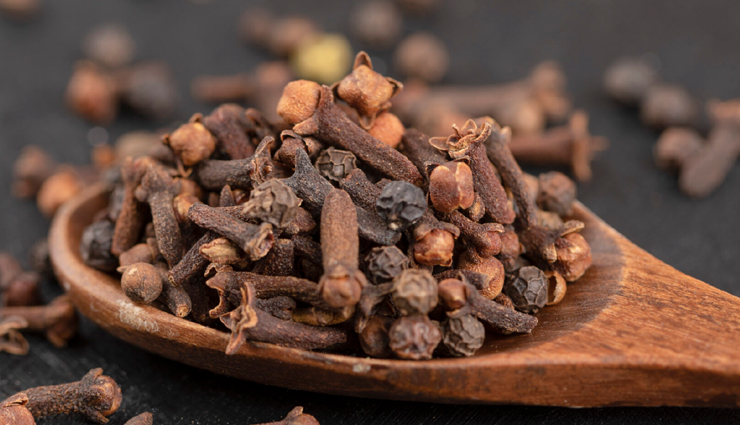
# Clove
Clove, an aromatic flower bud, holds prominence in the culinary traditions of India, Pakistan, Bangladesh, Sri Lanka, and Tanzania. Its distinctive flavor is renowned and celebrated in these cultures. Beyond its culinary role, clove offers an array of benefits owing to its anti-inflammatory, antioxidant, and digestive properties. Scientific inquiry has solidified its status as a facilitator of improved insulin sensitivity, and it has been shown to effectively reduce levels of detrimental cholesterol and triglycerides.
Approaches to Clove Consumption and Recommended Dosage
Incorporating clove into your dietary regime can take several forms: chewing the raw bud, utilizing whole or powdered cloves in cooking, or opting for clove capsules. Here are the recommended quantities for daily clove intake:
Clove (for chewing): 2 buds
Clove (for food preparation): 5-6 cloves
Clove Powder: ½ teaspoon
Clove Capsule: 500 mg per day
Optimal Timing for Clove Consumption
Begin your day by soaking 3-4 cloves in a cup of water overnight, consuming the infused water in the morning. Employ whole or powdered cloves in your lunch or dinner preparations. To maximize its benefits, take 2-3 clove capsules per week before your evening meal.



